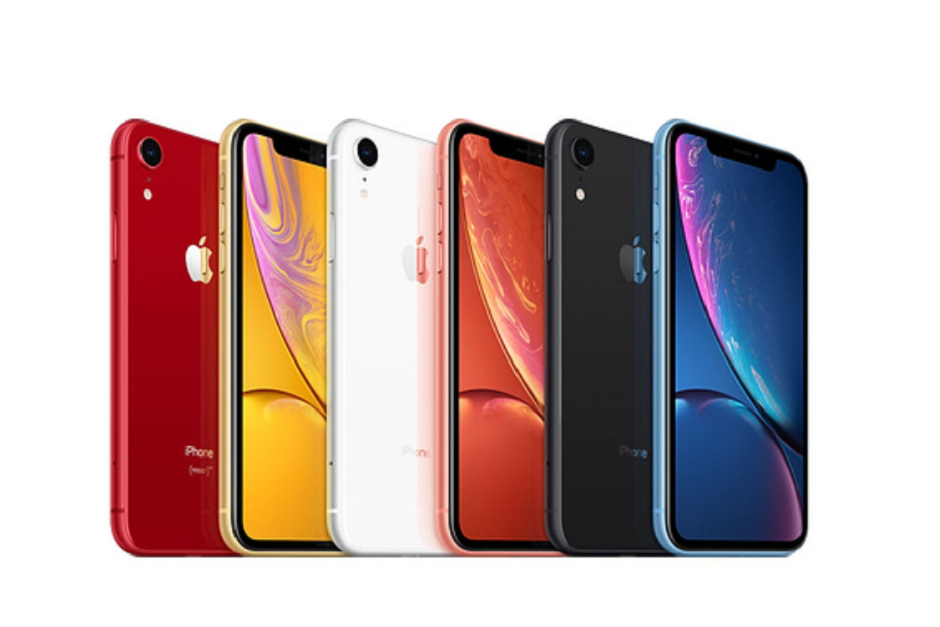Apple warns Trump: Tariffs on the iPhone will hurt the U.S. economy

Despite what U.S. President Donald Trump tweeted last month, the tariffs imposed by the U.S. on Chinese imports do not result in China paying one penny to the U.S. Treasury Department. Tariffs are an import tax that U.S. corporations pay and they decide whether to pass along the costs to consumers. For example, Apple imports cases and covers for the iPhone and iPad from China, and they are taxed at 25% once they hit U.S. soil. The company has decided to eat the tax on these accessories so that consumers don't pay any more for them.
But the next tier of products that could be hit with an import tax reportedly includes smartphones. Yes, Apple designs the iPhone in the U.S., but the majority of units are assembled in China. That means that if the U.S.-China trade war escalates, the iPhone will be hit with a 25% tax. One analyst has already figured out what the impact could be for Apple's most popular model, the iPhone XR. According to Morgan Stanley analyst Katy Huberty, Apple could raise the price of the device by $160 if the U.S. government imposes tariffs on smartphones made in China. Apple is apparently looking to move as much as 30% of its iPhone production out of the country.
According to Reuters, in an effort to persuade Trump not to add tariffs on the next tier of Chinese exports, Apple posted comments on a government website saying that taxing the iPhone, iPad and the Mac will reduce the company's contributions to the U.S. economy. The company also stated that additional tariffs will also make the company less competitive globally. Other Apple products that could soon be hit by the tariffs include the AirPods, AppleTV, batteries, and parts.
Apple and Huawei will both watch U.S.-China trade talks very intently
With trade talks between the two countries expected to restart soon, tensions are high in the smartphone industry. Any result less than a new trade agreement is sure to escalate the current trade-war and give Trump a reason to expand the tariff to cover another $300 billion of Chinese goods imported into the U.S. Another company intently keeping on an eye on the talks is Chinese manufacturer Huawei. While banned from obtaining U.S. parts and software for security reasons, the president has hinted that he could use Huawei as a bargaining chip in order to obtain favorable terms in any trade agreement. Both Trump and Chinese president Xi Jinping will meet at the G20 summit to be held next week in Japan.

One analyst says that if tariffs are imposed on smartphones made in China, the price of the Apple iPhone XR could rise by $160
If Apple is forced to raise the prices of its devices due to the tariffs, not only will U.S. consumers be negatively affected, the U.S. government will be too. Apple is the largest corporate taxpayer in the U.S. and last year it said that it would add $350 billion to the U.S. economy over five years through various investments and expenditures. Lower sales due to the import tax would force Apple to reduce the size of this injection into the U.S. economy. And because the iPhone is the top selling smartphone in the states, any tax on the product would help the company's competitors since their share in the U.S. is lower than Apple's. "A U.S. tariff would, therefore, tilt the playing field in favor of our global competitors," Apple says.
The trade war was brought about by President Trump's desire to shrink the U.S. trade deficit with China. Many economists say that the deficit merely means that U.S. consumers have the money to purchase more imports from China compared to what Chinese consumers have to buy American made products. But Trump looked at the figure and compared it to a scoreboard, deciding that the U.S. was losing because the deficit was so high.










Things that are NOT allowed: